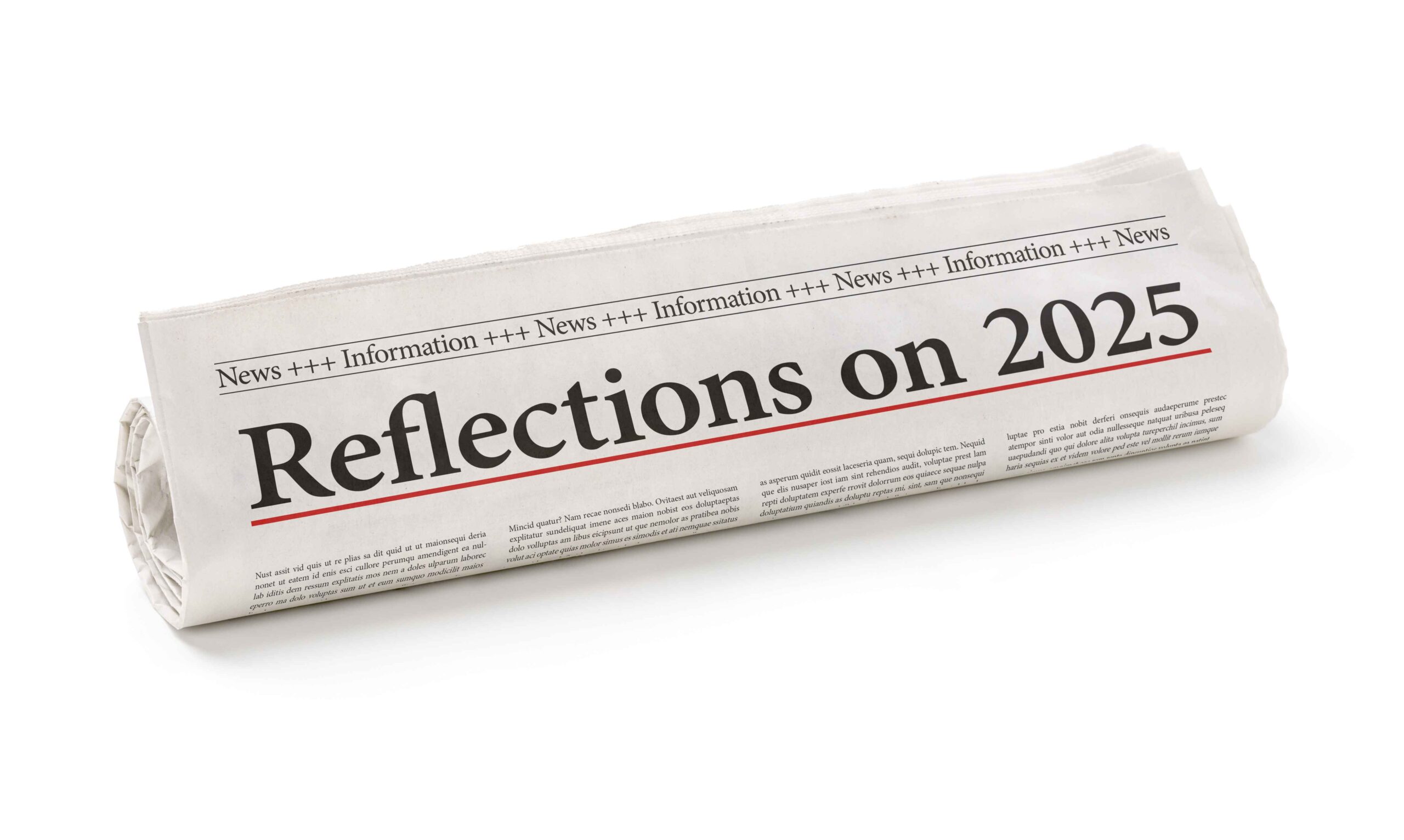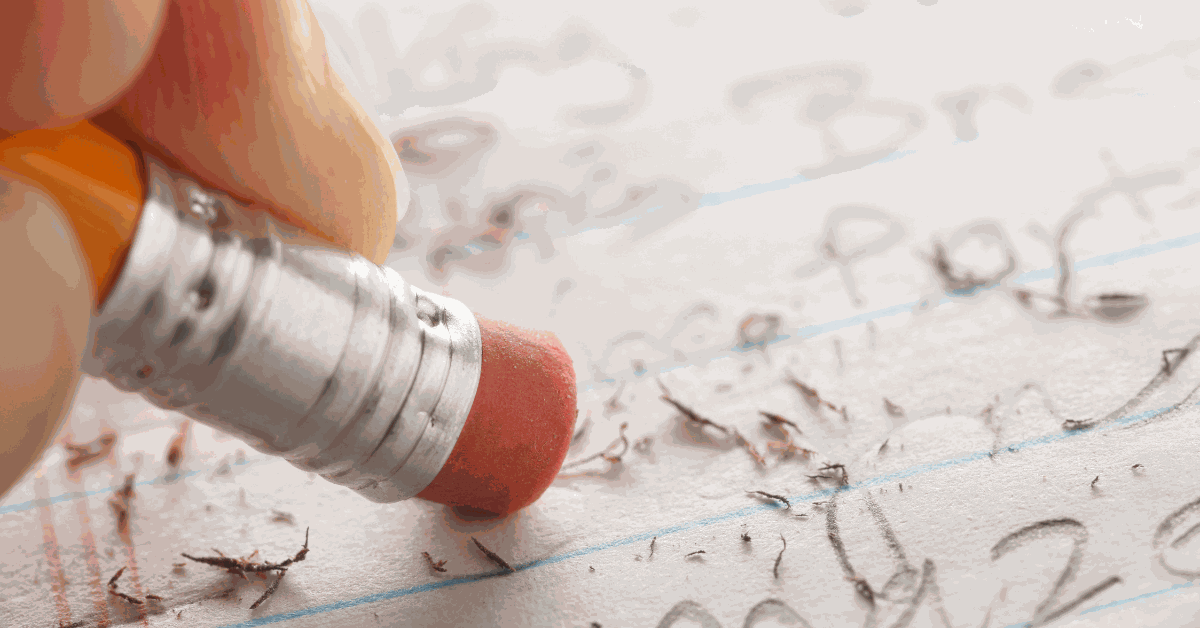Mock trials can become performative exercises where the defense tries to “win” instead of test, teach, and improve. Such an approach undermines the core utility of mock trials. If you’re focused on argument instead of analysis, you’re not preparing correctly, just rehearsing for the wrong event.
Mock trial best practices for defense attorneys focus on proactive preparation, education over persuasion, and the alignment of corporate behavior and trial strategy. And remember to always prepare corporate clients throughout the litigation process.
What is a clean read in jury research methodology?
A clean read refers to obtaining juror feedback that accurately reflects their perceptions of case evidence and themes, without contamination from presentation bias, emotional persuasion, or flawed testing structures. Studies show that using a single neutral presenter, segmenting trial components, and collecting feedback immediately after each section increases validity and reliability to ensure a clean read that better mirrors real-world juror decision-making processes.
Start Before the Lawsuit and Have a Plan
Defense success begins with pre-litigation preparedness. Many defendants treat deposition preparation and jury research like a trip to the hardware store after a hurricane hits. It’s too late by then. Just as you’d have a hurricane checklist in advance in states like Florida or Texas, your corporate clients should have a litigation readiness checklist. Defense attorneys must encourage clients to identify potential deponents (safety directors, HR managers, PMKs) and implement annual litigation education and training for high-risk roles. Corporations should rehearse crisis protocols the same way they would practice fire drills because a mock trial can’t make up for years of poor preparation. It must be part of an integrated readiness plan, not a last-minute fix.
Stop Arguing Your Case and Start Testing It
Mock trials aren’t about persuading jurors to side with you. They’re about identifying exposure. Yet many defense teams use them as an opportunity to argue their themes rather than pressure-testing the weaknesses.
One of the most critical mock trial best practices for defense attorneys is to teach, not preach. That means attorneys must use neutral presentation formats for both sides to avoid bias, simulate realistic juror confusion or misinterpretation, and encourage feedback that challenges assumptions, not affirms them. Mock trials must create discomfort. If your themes are never questioned, you’re not learning anything.
Witness Training and Preparation Should Begin Early and Not with the Deposition Notice
One of the most consistent litigation failures is when witnesses walk into preparation terrified and clueless. This happens because they’ve never been trained. A common misconception is that witness training is the same as preparation, but there are key differences. Witness preparation focuses on reviewing case facts and strategy, while witness training builds the behavioral and psychological skills needed to perform under pressure. Witness training focuses on cognitive control, emotional regulation, and clear communication – critical elements often overlooked in traditional preparation.
True witness effectiveness training uses science-based methods to reduce risk during deposition and trial testimony, especially for high-exposure or high-anxiety witnesses. Witness preparation should include early-stage education on the litigation process for likely deponents and a review of common witness errors (talking too much, reacting emotionally, volunteering damaging information). When trained witnesses come into a deposition, their performance is smoother, faster, and more strategic. Without it, it is an uphill battle against fear and destructive instincts.
Fix Policies, Training Manuals, and Website Language
Plaintiff attorneys routinely weaponize internal company language because it’s often an open target. Idealistic phrases like “We guarantee safety for all employees and the public” are common, easy to misinterpret, and nearly impossible to defend. The defense should always push clients to review and revise broad language in policies and public statements. It’s also important to trim training manuals down to essential, enforceable content and ensure website language aligns with actual, documented practices. Mock trials should simulate attacks on this language. Defense attorneys must test how the client’s documents will be used against them.
Document Communication and Enforcement of Policy
Plaintiff attorneys don’t just look at what’s written; they look at what’s done. And so do jurors. Nobody reads a 124-page safety manual. Juries know that because they don’t read their own company policies either. Instead, mock trials and focus groups should examine how safety and compliance ideas are communicated internally. Whether meetings, training sessions, or audits support those principles and if documentation exists to show that internal expectations match external claims. Well-written policies are useless if they’re never taught or enforced. Jurors know this. Defense teams must demonstrate not just possession of good rules but the cultural commitment to following them.
Have a Litigation Crisis Plan and Train for It
The first 24 hours after a catastrophic event are often the most damaging because of emails, texts, and actions taken in panic. Without a litigation crisis plan, even the best trial strategy won’t save you. Defense attorneys should work with clients to create a clear litigation response protocol, including who to call and what not to say.
Train key personnel on communication do’s and don’ts post-incident and simulate crises in mock settings to condition better decision-making. Jury research shouldn’t just test themes, but also test the response behavior under pressure. What happens when your client’s safety director is shown a screenshot of their own contradictory email? How will they react?
Don’t Wait for the Plaintiff to Find Weaknesses, Audit Them Yourself
Jury research is only helpful if you treat it like diagnostics, not performances. Like a cybersecurity team is hired to break into a system to test its defenses, the legal team should look into your client’s policies, testimony, and public positioning before a lawsuit is filed.
Defense attorneys should encourage pre-litigation audits of hiring practices, policy language, and safety protocols. Also, simulate how a plaintiff would build their case using publicly available materials and proactively fix vulnerabilities rather than react to them during discovery. If a mock trial isn’t surfacing these vulnerabilities, you’re not doing it right.
Prepare to Win with Courtroom Sciences
Mock trial best practices for defense attorneys aren’t about rehearsing arguments. They’re about education, exposure, identification, and long-term positioning. The most effective mock trials aren’t the ones where the defense “wins”, they’re the ones where the defense learns. Actionable information and valid and reliable data – that’s what wins real cases.
Courtroom Sciences helps attorneys efficiently navigate litigation by providing psychological expertise, science-backed data, and expert support for all phases of litigation. Learn how CSI’s litigation consulting experts can improve outcomes for your next case.
Speak with one of our experts to get started.
Be confident in achieving superior litigation outcomes. CSI has the expertise, track record, and capabilities to help you win.



